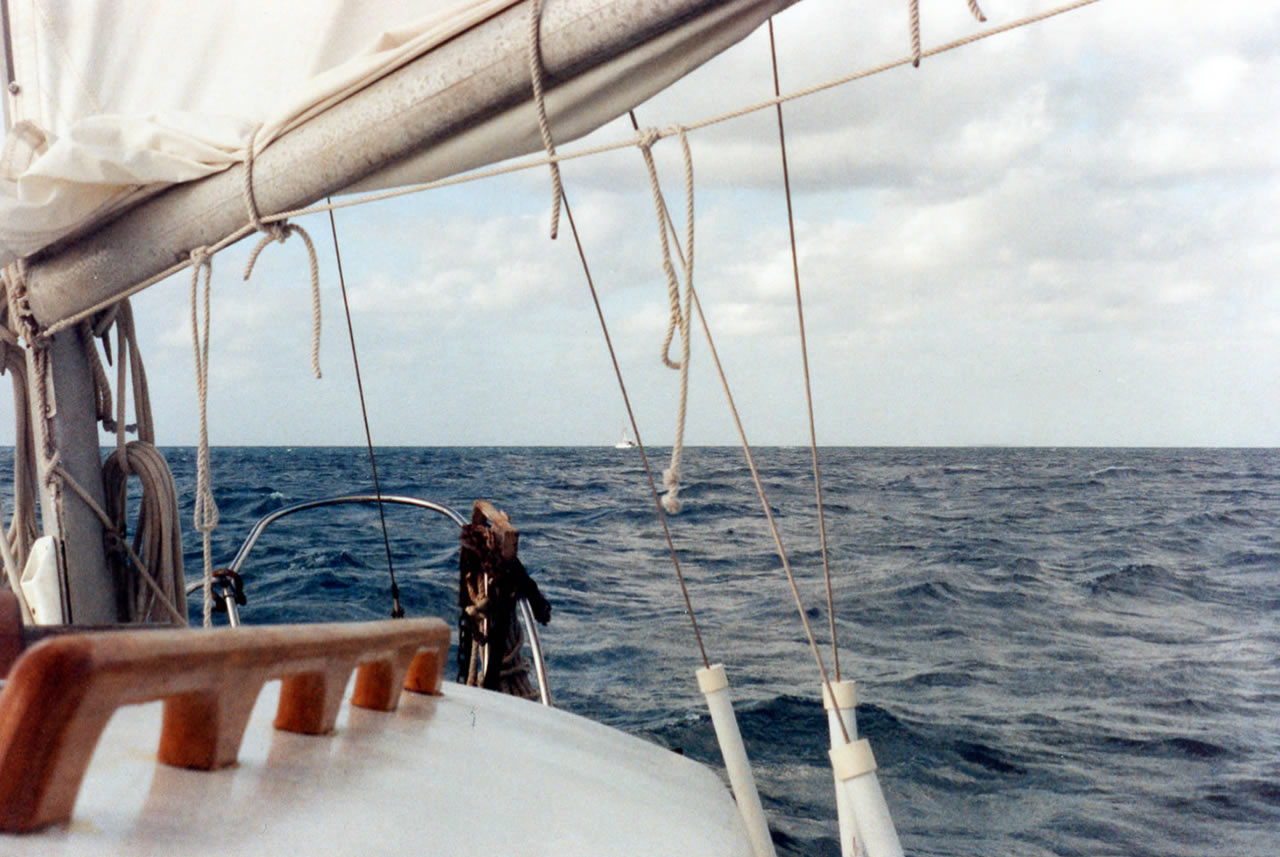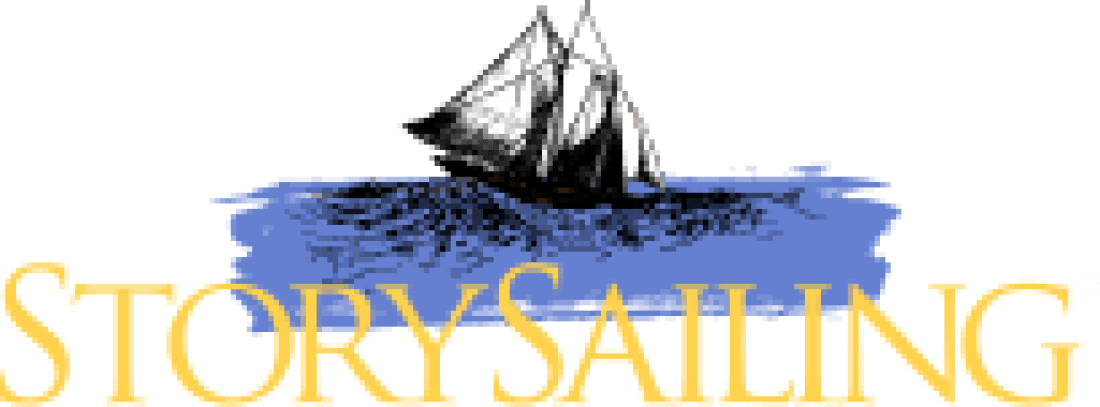Why storytelling? At the moment of your birth, you began to create a picture of the world. You felt hungry, full, cold, warm, tired, and excited. You experienced pain and pleasure. Mommy, daddy, and other people came into your life. You went from your room to your high chair, inside the house, outside the house. And you engaged in activities—like eating and sleeping and playing. As you grew, your capacity for action increased. You met more people, visited more places, experienced more feelings, and learned to distinguish ideas from memories.
You kept track of your expanding universe using the building blocks of storytelling—characters, settings, actions, experiences. And through the medium of language and gesture, you learned to communicate your story about the world to others.
As you grew, your story aligned with other people’s stories. You and your fellow English-speaking humans agreed to call a chair a “chair,” and agreed that word could refer to any single-person sitting platform from a beanbag to a bar stool. You agreed on what a car was and that it was different from a truck, even if SUVs blurred the distinction a bit.

But we’re all different; in some ways, your story diverged from other people’s stories. Perhaps you distinguished symptoms from problems in a different way than the other characters in your story. Maybe you became a more abstract “feeler” and less of a linear, mathematical “thinker.” Maybe you developed a superb sense of direction or a love of playing music while others got lost in their own neighborhoods and couldn’t hear whether they were even in tune—though some of those “lost” people turned out to be capable law scholars, artists, and teachers.
Did you ever join a church, club, or other organization that offered a shared story you felt was just you? Are you a member of a community? Are you a football fan, a fisherman, a follower of fashion? We all crave connection, and stories are the force that binds like-minded people together.

Everything you know or think you know is a story. You’re swimming so deep in an ocean of stories that it’s easy to forget you wrote them all yourself. You imagine an “outside world” full of chairs and cars and mommy and daddy and my house and your house and downtown and across the ocean and hot and cold and smart and stupid and beautiful and ugly and … what a web of stories we weave!
And because we’re driven by nature to connect and engage, life is a constant struggle to harmonize our perspectives on how the world works with those of others. Storytelling is the medium through which we communicate something as abstract and intangible as an idea, experience, or feeling. Storytelling is the medium through which we collaborate, cooperate, and survive together. Storytelling is the medium through which we love, learn, teach, nurture, and grow.
When a good story is told well, we respond as if we were experiencing the events ourselves, first-hand. Scary stories make us scared, even though there’s no real threat. Stories of achievement make us feel like winners. Erotic stories arouse us. Teaching stories make us think and grow. Good storytellers—whether they use words, images, sounds, technology, or even flavors or gestures—understand how to connect emotionally and spiritually with others.

So why don’t we learn about the power and importance of storytelling in school? What is a good story? How do you tell a story well? If stories are the lingua franca of human existence, why are we still trying to figure out the differences between the stories men tell and the stories women tell? Between the red team’s stories and the blue team’s? Between the business owner’s stories and the customer service staff’s? Why is there so much conflict in the world—so much story misalignment? The study of storytelling—the art of connection—will empower you to become a better leader, problem solver, and communicator who understands and fixes the broken narratives that divide us.
When I was a young man, a friend’s true sailing adventure stories inspired me. I spent years navigating alone in a small boat in the Bahamas, crossed the Atlantic, sailed up the east coast of the US, and returned with what I’d been searching for—stories of my own. What I didn’t expect to come home with was an understanding of what stories are, how stories work, and how to use stories to connect, engage, and succeed. I call it StorySailing.®

I’m Dave Bricker and I teach remarkable people like you and remarkable organizations like yours how to tell remarkable stories. Join me for a few adventure tales, and I’ll share techniques you can use to achieve business transformation through storytelling. You’ll learn to tell stories that make you a more effective leader, stories that attract and retain top talent, stories that inspire teams to work together and get things done, stories that connect with customers and colleagues, and stories that solve the important problems you face in life and business.
Welcome aboard, and thank you for being a part of my story!
